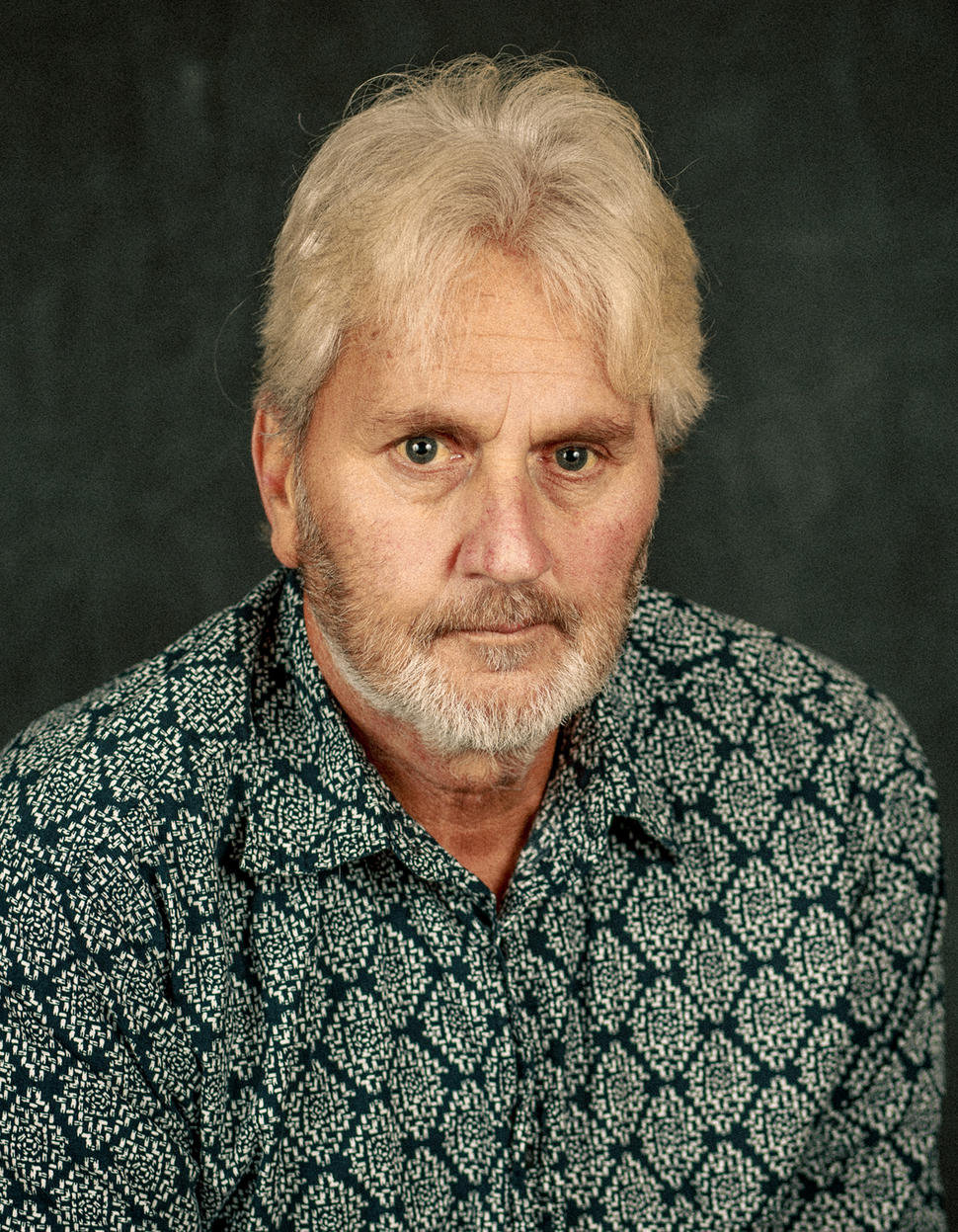Tony chain-smoked during the 40-mile drive to the Vanderbilt-Ingram Cancer Center in May 2018. He had a feeling he had cancer. For a year and a half, he had lived with symptoms that were not diagnosed by his local doctors. When the pain became unbearable, he knew he needed help.
His worst fears were confirmed when he was told he had rectal cancer. “It was devastating,” said Tony. It was also a “wake-up call” to quit his four-decade cigarette habit.
The NCI-funded tobacco cessation program at Vanderbilt gave him the tools he needed to quit successfully. Using nicotine patches curbs his urges, and keeping his hands busy helps replace the cigarettes that have occupied them most of his life.
Doctors told Tony that quitting will improve his chances of successful cancer treatment, which, in his case, includes chemotherapy and surgery. He noticed more immediate benefits, though. Within days of quitting, he could no longer hear the wheezing sounds coming from his lungs at night.
Tony’s cancer diagnosis changed his outlook on life. “I realize now that every cigarette was taking time off my life. I want to see my grandkids grow up.”
